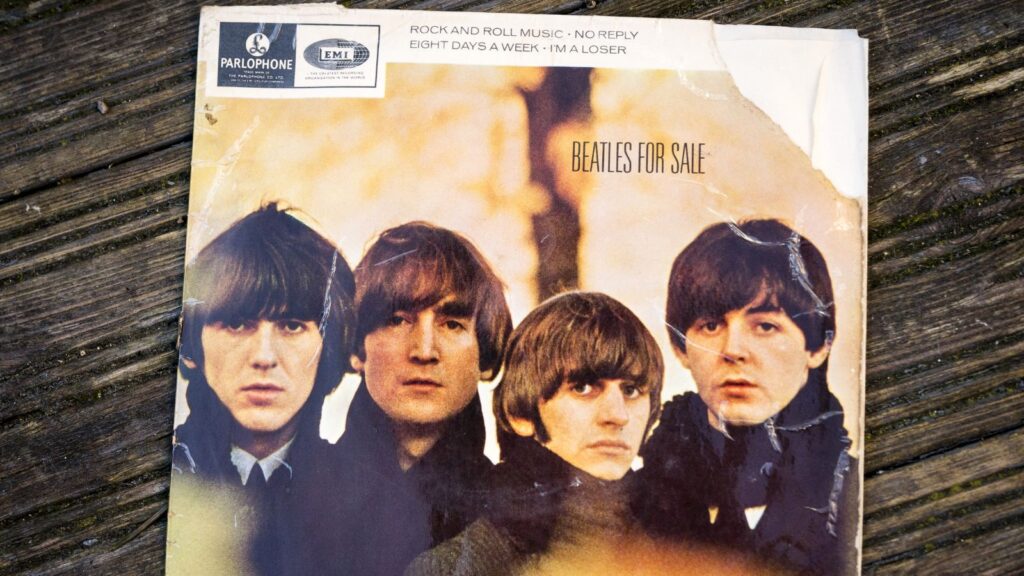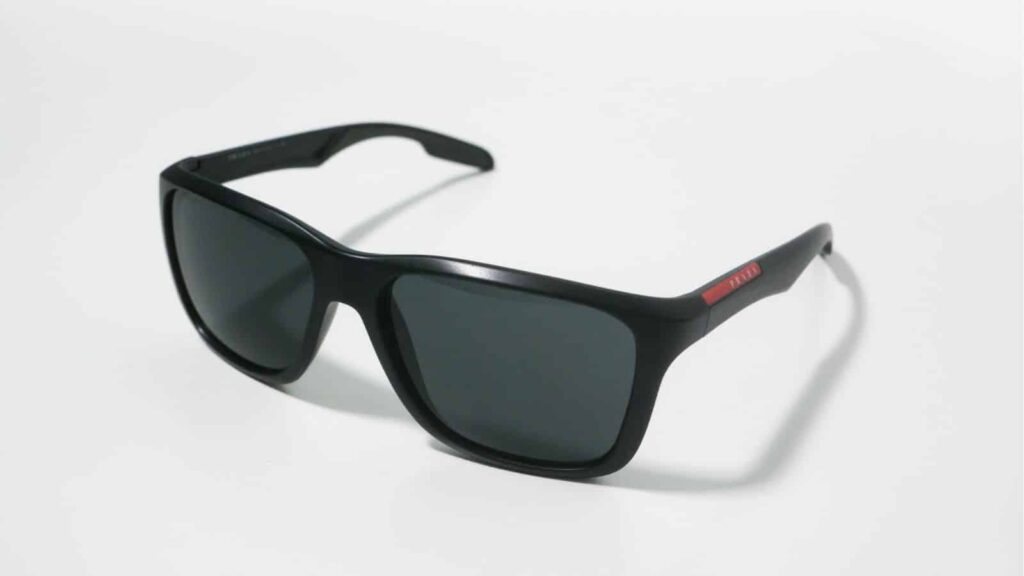Language is one of those things that evolves almost at the speed of light. It seems like yesterday that everyone was saying, “no cap” and “love to see it,” but those terms have really started to slow down even in the last couple of years. Like fashion, a lot of phrases come back around in retro ways, but there are some from the last century that died there and have never been revived. You’d be hard-pressed to find a Gen Z kid using most of these 1960s terms among their peers. Check out 20 slang terms that were groovy in the 60s but have largely flamed out since.
Dig

“Dig” is still a fairly used word in the retro sense, used to indicate being into something. Contrary to popular belief, it has nothing to do with shoveling. You can dig someone’s tie-dye shirt or Planet of the Apes.
Sponge

“Sponge” means exactly what it sounds like, but in a metaphorical sense. In the 60s, it was used as a verb describing someone doing something like mooching. It’s to ask people for things or take/ borrow without intending to return the favor.
Mod

An abbreviation of the word “modernist” or “very modern,” this word was used to indicate being up to date in terms of popular style. Something might’ve been “mod” if it was particularly of the times. Mod is also a subculture that broke out in London in the early 60s for youth who dressed as a form of rebellion against the generation of their parents.
Pad

“Pad” is a 60's word for someone’s home. It’s since been replaced by “place,” for the most part. How someone would now say, “your place or mine?” they might’ve said 60 years ago, “your pad or mine?”
Cool Cat

Calling someone a “cool cat” means half of what it sounds like. It means someone is cool, but not that they are a cat. It could be used to describe someone with good style, taste, or unique experiences. Gen Z kids would definitely be made fun of if they used this unironically.
Groovy

This is the way to say something is cool in a very laid-back, stoner way. “Groovy” originated from jazz slang, referring to “in the groove,” which means “performing well.” It became teen slang in the 60s and was out by the 80s.
Rad

“Rad” is used similarly to “groovy” in reference to something awesome. You rarely hear kids use “rad” anymore, and if they do, they might be either super rad or not rad at all.
Fab

Just like how it’s now common to abbreviate words in both written (texting/ social media) and verbal communication, “fab” was just an abbreviation of the word fabulous. It saves milliseconds of precious time that people in the 1960s needed to listen to the latest Beatles album.
Fuzz

The origin is unknown, but “fuzz” was used back then as a slang word for policemen. Many other nicknames have emerged since for cops, some significantly harsher. A popular phrase was “Here comes the fuzz.”
That’s [Their] Bag

Now, “bag” is used like “get your bag,” as in “go make money.” Back in the ’60s, it was used to indicate someone’s “thing” that they were interested in or good at. For example, people might have said, “Football is his bag” or “Playing the piano is her bag.”
Far Out

“Far out” has multiple meanings that differ based on its use. “Far out!” as an exclamation generally shows amazement or excitement about something, whereas saying something is “far out” might mean it’s bizarre or out of the ordinary. It’s also a term associated with Australian slang, still used down under even in 2024.
Hip

The 1960s had a lot of words for something being cool, and “hip” was certainly one of them. You’re unlikely to hear the word used by a teenager nowadays, but they’d probably know what it meant.
Flower Power

“Flower power” was a slogan used during the Vietnam War as a symbol of peace and nonviolence. It blossomed during the strong national opposition to America’s contribution to the war. Anti-war activists fixated on amity and love over violence.
Fink

“Fink” is the 1960’s version of narc. This is a term that has pretty much totally died out, likely due to its close aural similarity to “think” and difficulty to understand. It’s just a way to say someone is a tattletale. Someone might have used it like, “I told our classmate I thought that girl was fine, but he ended up being a fink and told everybody.”
Shades

“Shades” is just another word for sunglasses, a useful accessory that is just as popular now as it was in the 1960s. A lot of frame shapes popularized back then are still popular now. Teashades and round mods are now worn more in a vintage capacity, with aviators and wayfarers being big sellers for everyone.
Threads

Now, the name of Instagram’s spinoff social network, akin to X/ Twitter, “threads,” used to indicate an item of clothing. One might have said, “I got some rad new threads for the party on Saturday.”
Go All the Way

This means passing first, second, and third bases and going right to the finish line (i.e. having sex). It was in kind with the 1960s vibe of saying things without really saying them or putting something considered more vulgar in a nice box.
Square

Being a “square” means being lame or boring. Someone is a “square” if they aren’t cool and don’t like to do things that their peers are into. It’s often in reference to someone with (at the time) archaic beliefs or practices.
Don’t Flip Your Wig

“Don’t flip your wig” means “don’t freak out” or “don’t overreact.” This one is definitely in a time capsule from the '60s because nobody says, “Don’t flip your wig” anymore.
Fox

Popularized by Jimi Hendrix in his song “Foxy Lady,” this word grew to mean an attractive woman. “She’s a fox” means, as the Gen Z kids might say, “She’s a baddie.”
30 Traditional Sayings That Are Now Considered Offensive by Woke Culture

30 Traditional Sayings That Are Now Considered Offensive by Woke Culture
21 Habits Often Associated With Having a Lower Social Status

21 Habits Often Associated With Having a Lower Social Status
25 Social Issues Gen Z are Determined to Cancel

